|
|
SOCIETY FOR INHERITED METABOLIC DISORDERS 45th Annual Meeting, April 14 - 17, 2024 Sheraton/Le Meridien, Charlotte, North Carolina |
Platform Speakers: SIMD2024
| NAME | INSTITUTION |
| SESSION 1 | |
Ada Hamosh, M.D., M.P.H.
|
Johns Hopkins University School of Medicine, Baltimore, MD
Ada Hamosh MD, MPH, the Dr. Frank V. Sutland Professor of Pediatric Genetics, is the Clinical Director of the McKusick-Nathans Department of Genetic Medicine at Johns Hopkins University School of Medicine and the Scientific Director of Online Mendelian Genetics in Man (OMIM®) since 2002. Dr. Hamosh received her BA in Biology from Wesleyan University, MD from Georgetown University, and MPH from Johns Hopkins School of Hygiene and Public Health. She completed a pediatrics residency and clinical and clinical biochemical genetics fellowships at Johns Hopkins Hospital. Dr. Hamosh has authored over 135 papers and serves on several international committees representing genome-phenome relationships as well as phenotype ontologies, including,the ClinGen Project, the Global Alliance for Genomic Health (GA4GH), and the Human Genome Organization (HUGO). She is serving a two-year term as President of HUGO since Spring 2023. She and colleagues developed PhenoDB (http://phenodb.org), a web-based tool for the collection, storage, and analysis of standardized phenotype and genotype data that is freely available to all for clinical and research use, and GeneMatcher (http://genematcher.org), a website to enable matches of clinicians and researchers with an interest in the same gene. GeneMatcher includes over 14,500 submitters from 105 countries and %gt;80,000 cases. Matches through GeneMatcher have resulted in >800 publications describing >700 novel disease genes. GeneMatcher is a founding member of the Matchmaker Exchange (MME). Dr. Hamosh serves on the steering committee of the MME and represents it on the steering committee of the Global Alliance for Genomics and Health (GA4GH). |
Jason Heaney, Ph.D.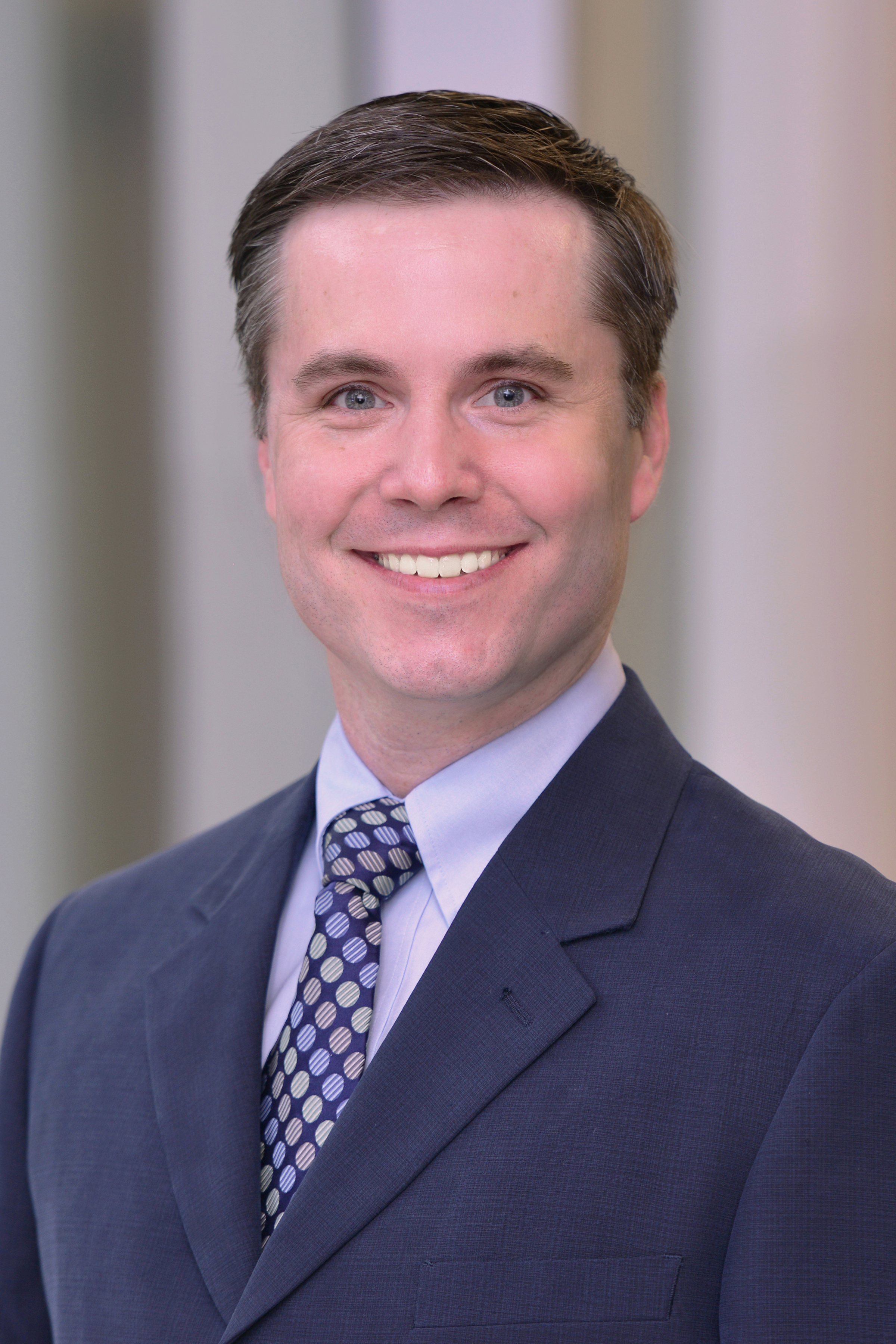
|
Baylor College of Medicine, Houston, TX Dr. Jason Heaney received his Ph.D. in Physiology from Penn State University where his thesis research focused on genome engineering technologies in mouse embryonic stem cells. He completed a postdoctoral fellowship at Case Western Reserve University in the laboratory of Dr. Joseph Nadeau, focusing on using mouse models to study the developmental origins and genetic risk factors of testicular germ cell tumors. Dr. Heaney joined the BCM Department of Molecular and Human Genetics in 2012 and now runs a research program that uses genetically engineered mouse models to annotate gene function and contribution to human disease. Dr. Heaney is currently a Principal Investigator of the BCM Knockout Mouse Phenotyping Project, BCM-Rice Genome Editing Testing Center, and BCM Center for Precision Medicine Models. Dr. Heaney is also Academic Director of the BCM Genetically Engineered Rodent Models Core. |
Cat Lutz, Ph.D. 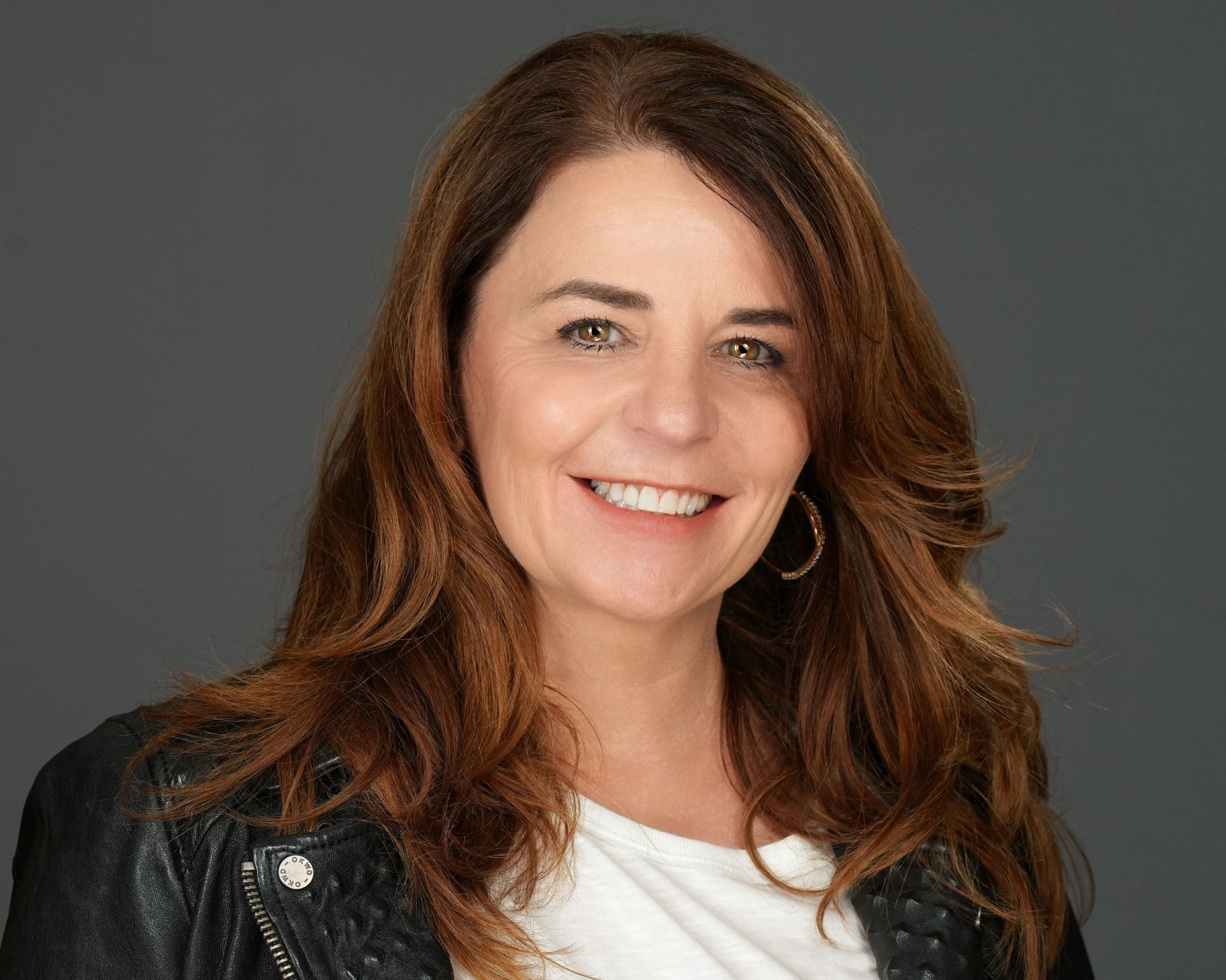
| The Jackson Laboratory, Bar Harbor, MD As the Vice President of the Rare Disease Translational Center (RDTC) at The Jackson Laboratory (JAX), Dr Lutz works with patient-based foundations, researchers, and industry partners to roadmap therapeutic strategies for rare diseases. Her work involves the engineering of preclinical mouse models that represent patient-based mutations and the subsequent phenotyping of the mice to explore clinically relevant, translatable phenotypes. |
Matthew Alexander, Ph.D.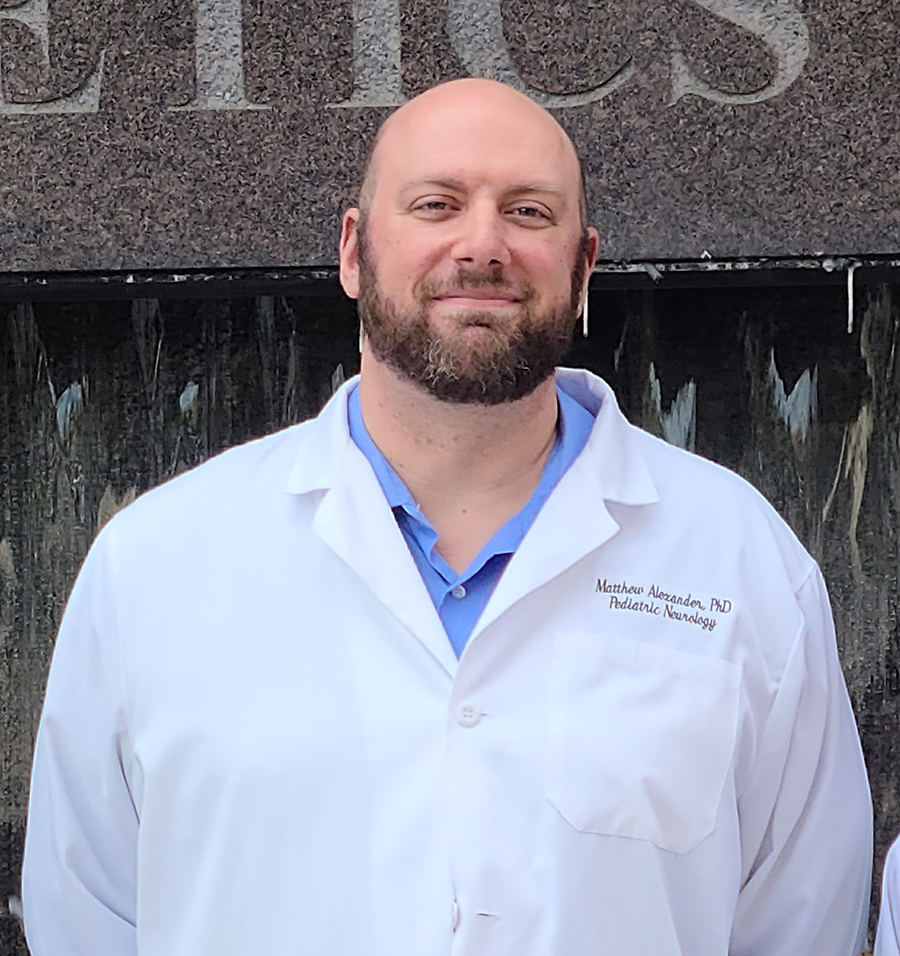
| Children's of Alabama/University of Alabama at Birmingham, Birmingham, AL Dr. Matthew Alexander obtained his PhD in Genetics and Development from the University of Texas Southwestern Medical Center at Dallas in the lab of Dr. Daniel Garry. In 2008 he joined the laboratory of Dr. Louis Kunkel as an HHMI postdoctoral fellow where he worked on epigenetic and genetic modifiers of human neuromuscular diseases in Duchenne muscular dystrophy (DMD). In 2013, Dr. Alexander was promoted to an Instructor in Pediatrics and Genetics and Genomics. Dr. Alexander moved his laboratory to the Children's of Alabama/University of Alabama at Birmingham (UAB) where he is an Associate Professor in Pediatric Neurology and Genetics. He serves as the UAB Center for Exercise Medicine (UCEM) Education Chair and was named a 2019 UAB Pittman Scholar and a 2020 Dean's Excellence in Research Award Winner. His lab focuses on identifying novel epigenetic and genetic regulators of neuromuscular diseases and generating novel zebrafish models of disease. |
| SESSION 2 | |
Susan A. Berry, M.D. |
University of Minnesota, Minneapolis, MN Susan A. Berry, M.D.,SIMD President, is a Professor of Pediatrics at the University of Minnesota and a member of the Division of Genetics and Metabolism. She is a Fellow of the American Academy of Pediatrics and a Founding Fellow of the American College of Medical Genetics and Genomics. She is a member of the Boards of Directors for the National Organization for Rare Disease and for the National PKU Alliance and is current PI of their PKU Patient Registry. She has been the longstanding liasion to the Newborn Screening and Genetics in Public Health Committee for the Association of Public Health Laboratories and was honored to receive the Clinician Champion Award in Newborn Screening from that organization at their 2022 Annual Symposium. Like many genetics professionals, she sees adults and children with heritable conditions of all kinds. She has a particular interest in providing management for persons with inborn errors of metabolism and has a longstanding interest in improvement in their care through early diagnosis and treatment. |
| SESSION 6 | |
Karl-Dimiter Bissig, M.D., Ph.D.
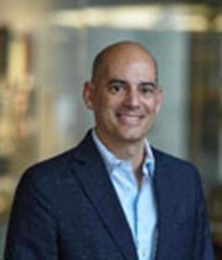
| Duke University, Durham, NC
Karl-Dimiter (Dimi) Bissig is the Chen Family Associate Professor at Duke University, North Carolina. Dr. Bissig received his MD and PhD from the University of Bern School of Medicine & Natural Science, Bern, Switzerland. Dr. Bissig pursued his long-standing interest in metabolic liver disease during his postdoctoral training at The Salk Institute for Biological Studies, La Jolla, California. There he established a novel human liver chimeric mouse model (Fah-/-/Il2rg-/-/Rag2-/-, Bissig KD PNAS 2007) In his own laboratory, he developed the first xenograft model for metabolic liver disease (Bissig-Choisat B Nat Commun 2015), a humanized mouse model for human specific drug metabolism (Barzi M Nat Commun 2017) and a human xenograft model for NAFLD. Using these next generation humanized mouse models, he now focuses on translating basic science discoveries into novel therapeutic approaches for a range of liver disorders using mainly advanced genome engineering techniques and nucleic acid therapeutics. |
Dwight D. Koeberl, M.D., Ph.D
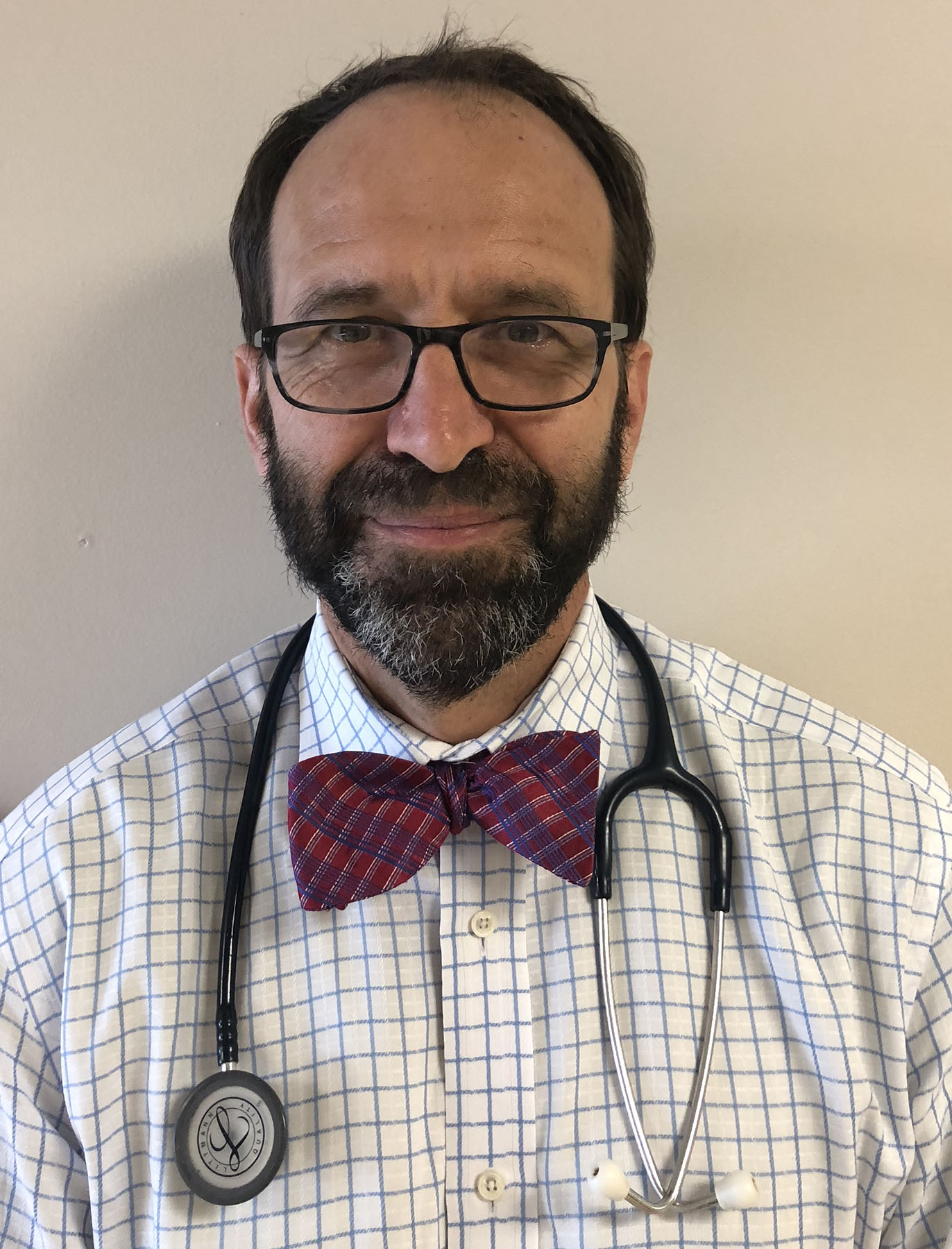
|
Duke University School of Medicine, Durham, NC
Dr Koeberl attended Carleton College, and Mayo Medical School and Graduate School, and then moved to UCSF for his pediatrics residency. He completed fellowship training in Clinical and Biochemical Clinical Genetics at the University of Washington, before joining the Division of Medical Genetics in the Department of Pediatrics at Duke University in 1999. He serves as Medical Director for the Pediatrics Biochemical Genetics Laboratory and sees patients in the Metabolic Clinic. At Duke his research has focused upon the development of new therapy for inherited metabolic disorders. His laboratory has developed drug and gene therapy for glycogen storage disease types I and type II, the latter is known as Pompe disease. In 2019 he initiated a clinical trial of gene therapy for Pompe disease. His laboratory is currently developing gene editing with CRISPR for the glycogen storage diseases. |
| SESSION 7 | |
Tim Wood, Ph.D.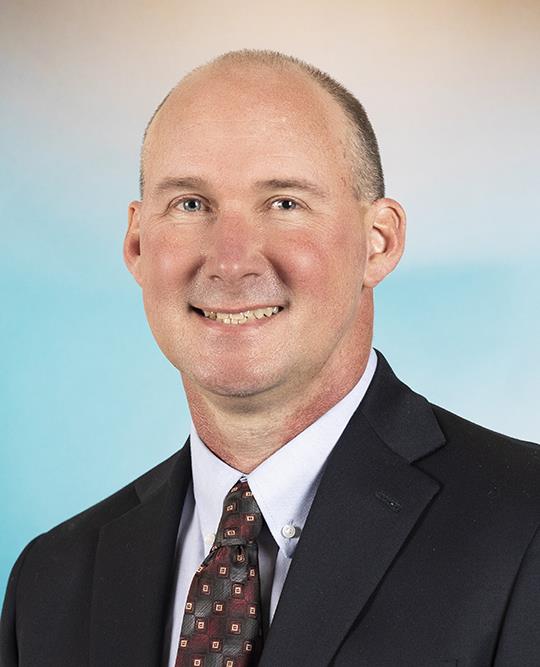
| Children's Hospital of Colorado, Aurora, CO Dr. Wood serves as the scientific director of the clinical biochemical genetics laboratory at Children's Hospital Colorado and is an Assistant Professor in the Department of Pediatrics at the University of Colorado Anschutz Medical Campus. Dr. Wood is certified in clinical biochemical genetics and clinical molecular genetics and genomics by the ABMGG. Dr. Wood has served on the American College of Medical Genetics Laboratory quality control committee as well as the College of American Pathologists' Biochemical Genetics Quality control committee. |
Patrick Forny, M.D., Ph.D.
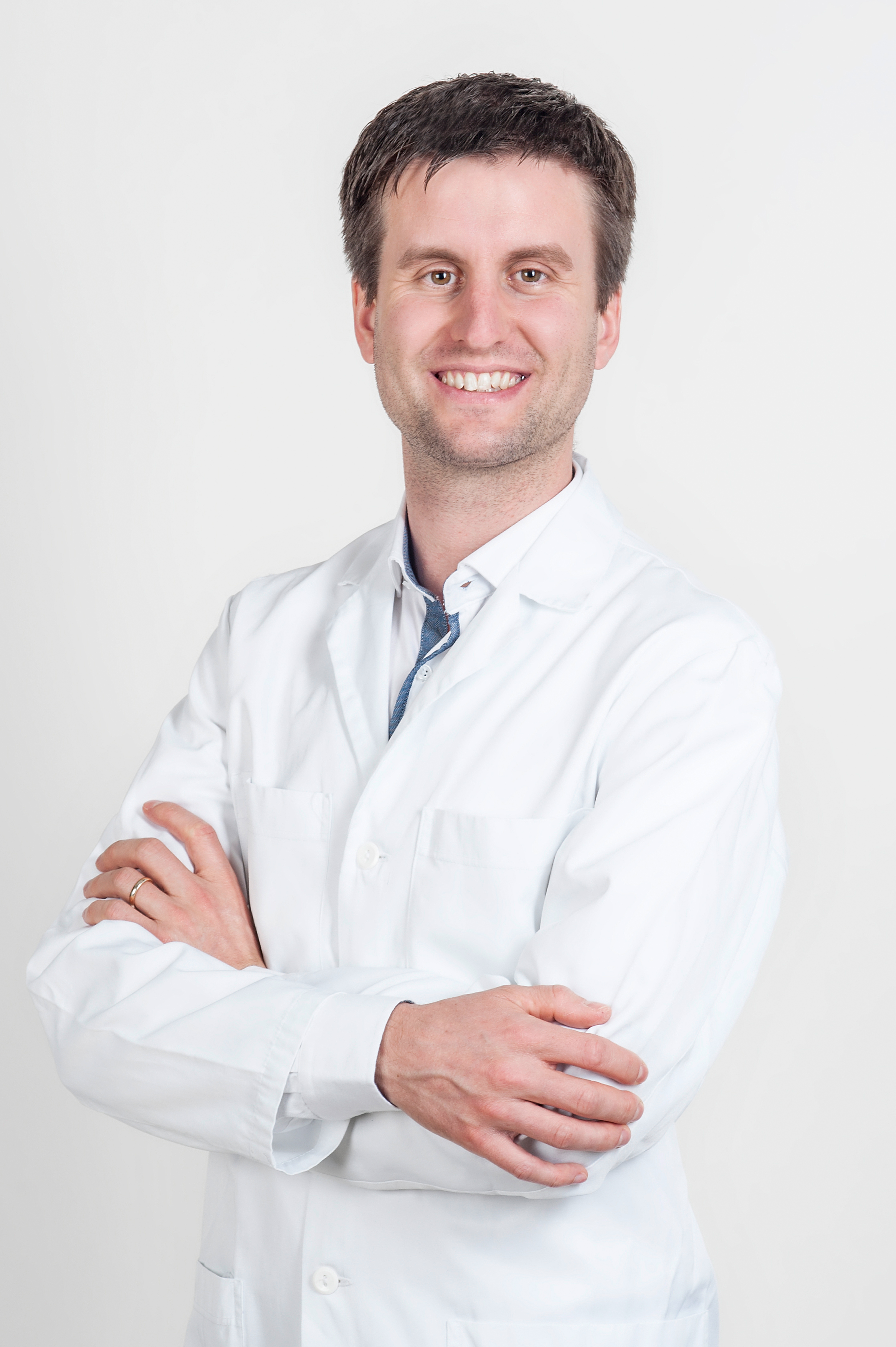
|
Washington University School of Medicine, St. Louis, MO and University Children's Hospital Zurich, Zurich, Switzerland
After completion of his medical studies at the University of Zurich, Switzerland, Patrick Forny pursued a dual training as a scientist and a pediatric physician in metabolic medicine. To the former, he conducted his PhD thesis on the rare inborn error of metabolism methylmalonic aciduria, including an EMBO (European Molecular Biology Organization) funded research exchange to the University of Oxford, UK, for structural work on the key enzyme methylmalonyl-CoA mutase. To the latter, his clinical program has included training in general and metabolic pediatrics at the University Children's Hospital Zurich, Switzerland, and at Great Ormond Street Hospital for Children London, UK. Currently, he works as an EMBO and SNSF (Swiss National Science Foundation) postdoctoral fellow at the Washington University School of Medicine in St. Louis, MO, USA, studying integrative mitochondrial biology with systems biology and biochemistry approaches. |
| SESSION 8 | |
Adeline Vanderver, M.D.
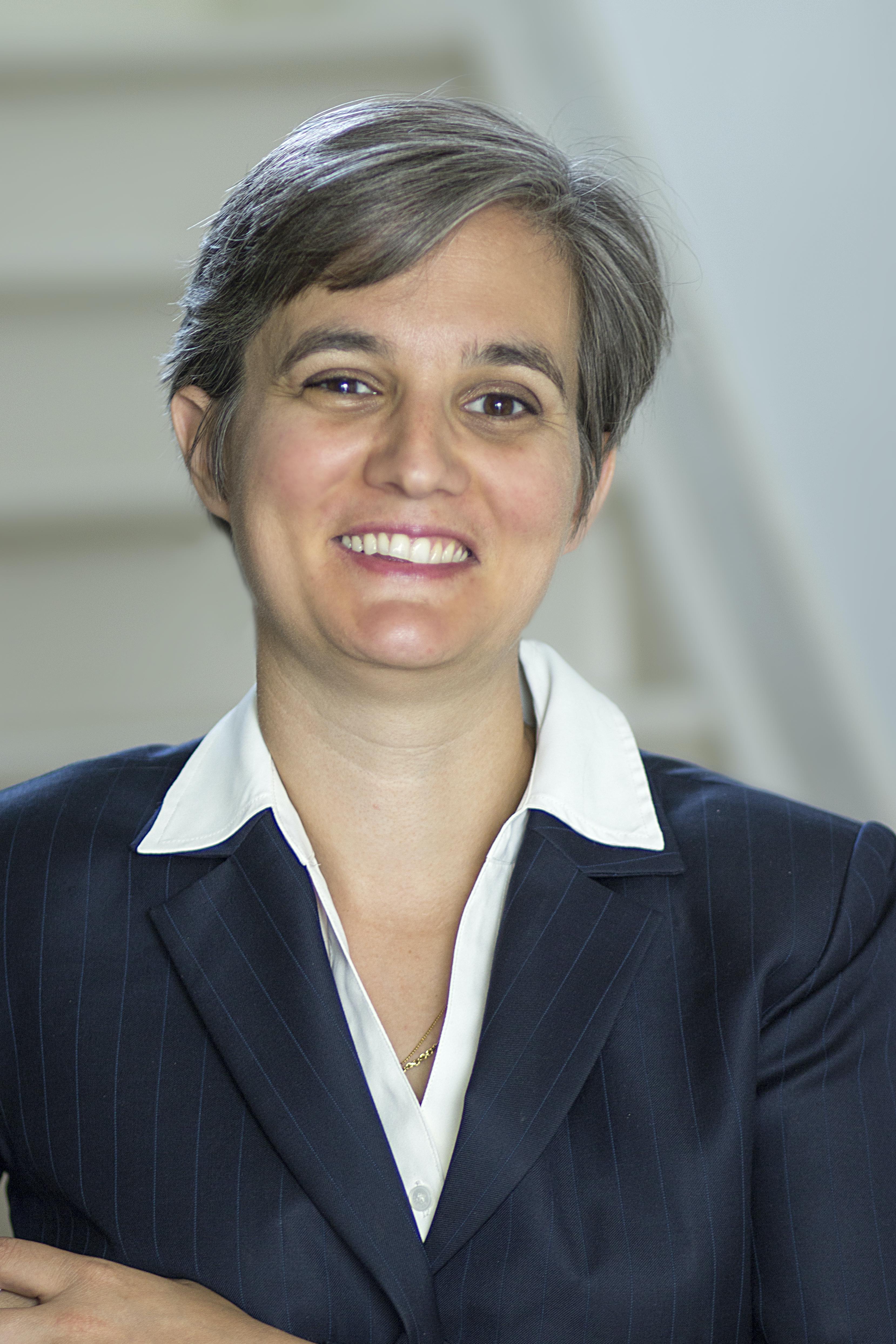
| University of Pennsylvania, Perelman School of Medicine and Children's Hospital of Philadelphia, Philadelphia, PA
Dr. Adeline Vanderver, M.D. is an Attending Physician in the Division of Neurology at the Children's Hospital of Philadelphia (CHOP) and the Jacob A. Kamens Endowed Chair in Neurologic Disorders and Translational Neurotherapeutics. She is also Program Director of the Leukodystrophy Center of Excellence at CHOP. Dr. Vanderver graduated with a degree in medicine from Universite Catholique de Louvain in Brussels, Belgium. She completed her residency in pediatrics at Nemours/A.I. duPont Hospital for Children in Wilmington, DE, and Thomas Jefferson University in Philadelphia, PA. She then pursued a child neurology fellowship at Children's National Medical Center in Washington, DC, and a fellowship in biochemical genetics at the National Human Genome Research Institute/National Institutes of Health in Bethesda, MD. Under Dr. Vanderver's leadership, the multidisciplinary Leukodystrophy Center team is focused on creating new standards of care for children with leukodystrophies by advancing leukodystrophy gene discovery, creating new therapies, and supporting and advocating for patients and their families. In parallel with this strong clinical program, Dr. Vanderver's preclinical and clinical research projects will aim to discover molecular therapeutics that target the genetics of leukodystrophy subtypes. Already, Dr. Vanderver is leading two clinical studies that intend to repurpose medications — one that is currently used to treat human immunodeficiency virus (HIV) and another that targets interferon — for patients with Aicardi-Goutieres syndrome. Another clinical trial underway is assessing the efficacy and utility of whole genome sequencing as a first-line diagnostic test for leukodystrophies. In addition to her clinical and research efforts, Dr. Vanderver leads the Global Leukodystrophy Initiative, an NIH funded consortium that includes parents, clinicians and researchers, to raise disease awareness, create clinical trial readiness, and explore natural history. |
Kristina P. Cusmano-Ozog, M.D.
 |
Stanford University School of Medicine, Palo Alto, CA
Kristina Cusmano-Ozog, MD is a Clinical Associate Professor and Director of the Clinical Biochemical Genetics Laboratory at Stanford University, School of Medicine, Department of Pathology. Her research and clinical work focus on the phenotyping of rare disorders and establishing laboratory techniques to enhance the understanding of rare disorders. Dr. Cusmano is also responsible for teaching medical students, residents, and fellows; she is the course director of GENE202 and the Associate Program Director for the Clinical Biochemical Genetics Training Program. She holds a BS in Biochemistry from the University of Miami (Florida) and earned her MD at the University of South Florida, where she also completed training in pediatrics. She trained in Medical Genetics and Clinical Biochemical Genetics at Stanford University and obtained additional training in Clinical Molecular Genetics through the National Institutes of Health. |
Jamie Fraser, M.D., Ph.D.
 | Children's National Hospital, Washington, DC
Dr. Fraser earned her undergraduate degree in Biochemistry and Molecular Biology from Agnes Scott College in Atlanta, GA, and holds an MD and PhD from The Medical University of South Carolina in Charleston. She completed post-graduate training in Pediatrics at Children’s National Medical Center and in Clinical Genetics and Genomics at the National Human Genome Research Institute of the National Institutes of Health. She then completed her Medical Biochemical Genetics fellowship at the National Human Genome Research Institute. She joined the faculty as an Attending Physician at the Rare Disease Institute, Division of Genetics and Metabolism, Children’s National Medical Center, Washington, DC, in 2016 and holds a faculty appointment as Assistant Professor of Pediatrics at The George Washington University School of Medicine and Health Sciences. She has served as the Director of the Myelin Disorders Program at Children's National since joining the faculty, and she also serves as the Director of Prenatal Genetics in the Zickler Family Prenatal Pediatrics Institute at Children’s National. Dr. Fraser’s clinical interests focus on improving the quality of life for individuals with neurometabolic disorders through timely diagnosis, symptom mitigation and management, and support through the natural history of disease progression. Her research focuses on understanding the underlying disease mechanisms in ultra-rare leukodystrophies, establishing clinical trial readiness for these disorders, and identifying new therapeutic interventions for them. Her group has established the natural history of Leukoencephalopathy with Calcifications and Cysts in affected individuals across the lifespan and uses in vivo and in vitro models of LCC to advance our understanding of the disease. |
Carolina I. Galarreta Aima, M.D.
 |
Valley Children's Hospital, Madera, CA and National Human Genome Research Institute, NIH, Bethesda, MD
Dr. Galarreta is a board-certified pediatrician and biochemical geneticist. She completed her pediatric residency at the University of Miami/Jackson Memorial Hospital, went on to the University of California in San Diego to complete her medical genetics and genomics fellowship training, and then moved to Bethesda to complete one year of training in Medical Biochemical Genetics at NHGRI. Following this, she spent three years as an attending physician in Genetics and Metabolism at Valley Children's Hospital in Madera, California. In 2023, she joined Dr. Charles Venditti's Organic Acid Research Section in the Metabolic Medicine Branch at NHGRI as staff clinician. Dr. Galarreta's research interests have encompassed several areas, including phenotyping and natural history of rare diseases, epidemiology of birth defects related to the VACTERL association, and previously investigations into renal tubular adaptations in response to various stressors. Currently, her primary focus is on conducting clinical research studies centered on organic acidemias at Dr. Venditti's lab. She is interested in contributing to the NHGRI metabolic section efforts, particularly in Propionic Acidemia. She has a special interest in contributing to improve the representation of underserved communities in clinical research. |
Anna Scott, Ph.D., FACMG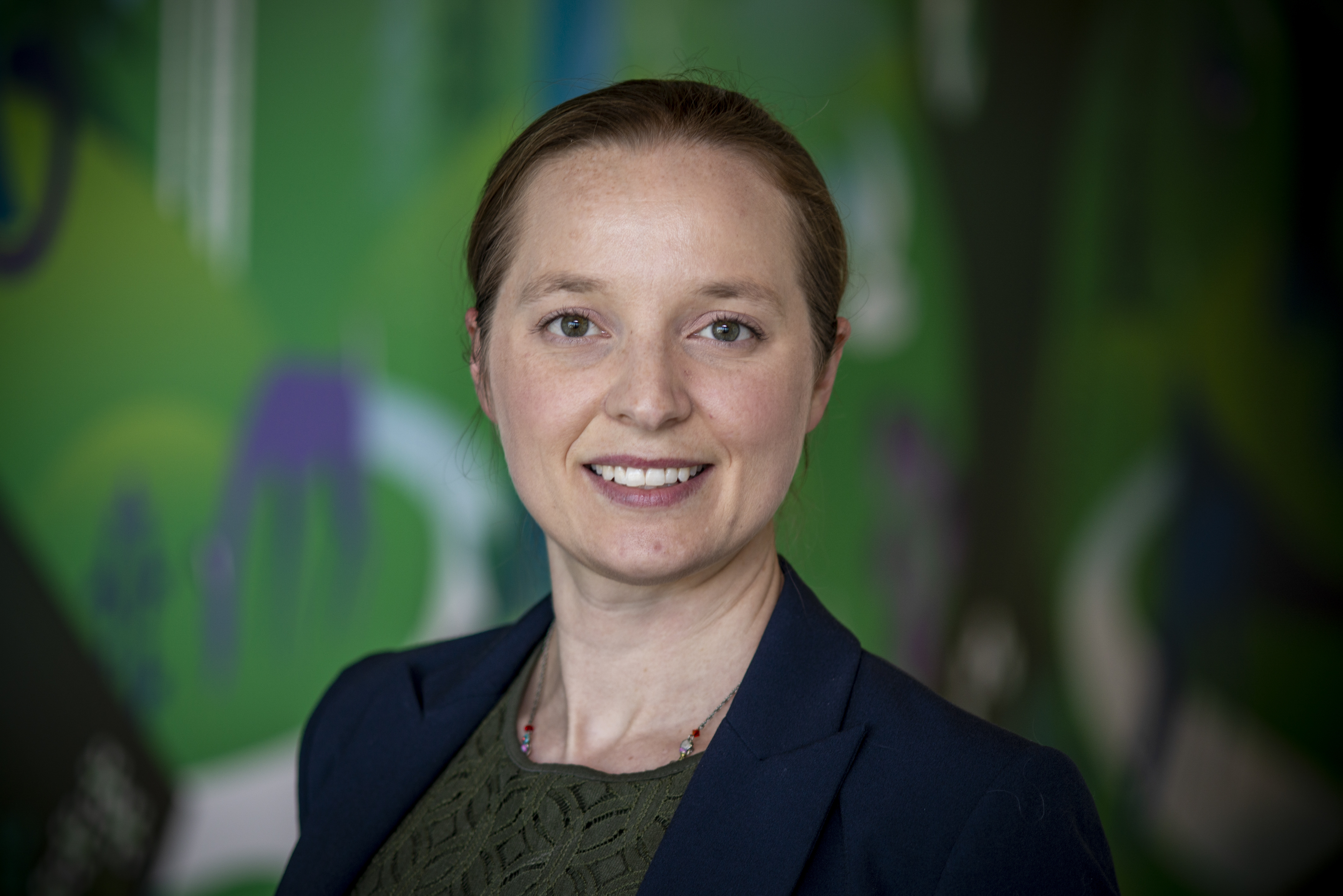 | University of Washington, Seattle Children's Hospital, Seattle, WA
Anna Scott is Director of the Biochemical Genetics laboratory at Seattle Children's Hospital. She completed her graduate work in biochemistry and structural biology at the University of California, Davis. After graduate school, she completed a clinical biochemical genetics fellowship at Stanford University with Tina Cowan. Tina encouraged early involvement with ACMG, in particular as a trainee member of the Laboratory Quality Assurance Committee. This experience rapidly built a national network of colleagues with laboratory expertise. As an assistant professor at the University of Washington, Anna is interested in inborn errors of metabolism and mitochondrial diseases with a focus on enzyme activity. Her team closely partners with Washington state's newborn screening program to support diagnostic testing for infants with abnormal newborn screens. Research activities favor collaborations and span case reports to providing analytical testing for basic research |
| SESSION 9 | |
Barbara Burton, M.D., FACMG

|
Northwestern University, Feinberg School of Medicine, Ann & Robert H. Lurie Children's Hospital of Chicago, Chicago, IL
Dr. Barbara K. Burton is a Professor of Pediatrics at the Northwestern University Feinberg School of Medicine and an Attending Physician in the Division of Genetics, Birth Defects and Metabolism at the Ann & Robert H. Lurie Children's Hospital of Chicago. She is Board certified in Pediatrics, Clinical Genetics and Clinical Biochemical Genetics. Her clinical and research interests are focused on inborn errors of metabolism and newborn screening. Dr. Burton is an investigator in numerous natural history studies and clinical trials of new therapies for various metabolic disorders. She has published over 250 peer-reviewed articles, 50 chapters in books and is an editor of two textbooks. Dr. Burton is active in professional organizations and is a Past-President of the Society for Inherited Metabolic Disorders and the Chicago Pediatric Society. She served for four years as a member of the Secretary's Advisory Committee on Heritable Disorders in Infants and Children, the federal advisory committee that makes recommendations regarding newborn screening in the US and served for many years as Chairman of the Newborn Screening Advisory Committee of the Illinois Department of Public Health. She is an Emeritus Member of the Board of Directors of the Greater Chicago Area March of Dimes and received a Lifetime Achievement Award from the March of Dimes in 2017. She received the PKU Hero Award from the National PKU Alliance in 2018. She is a member of the Scientific Advisory Board of the National MPS Society and serves on the medical advisory board of a number of other patient advocacy organizations. |
Jacqueline Karp, M.D.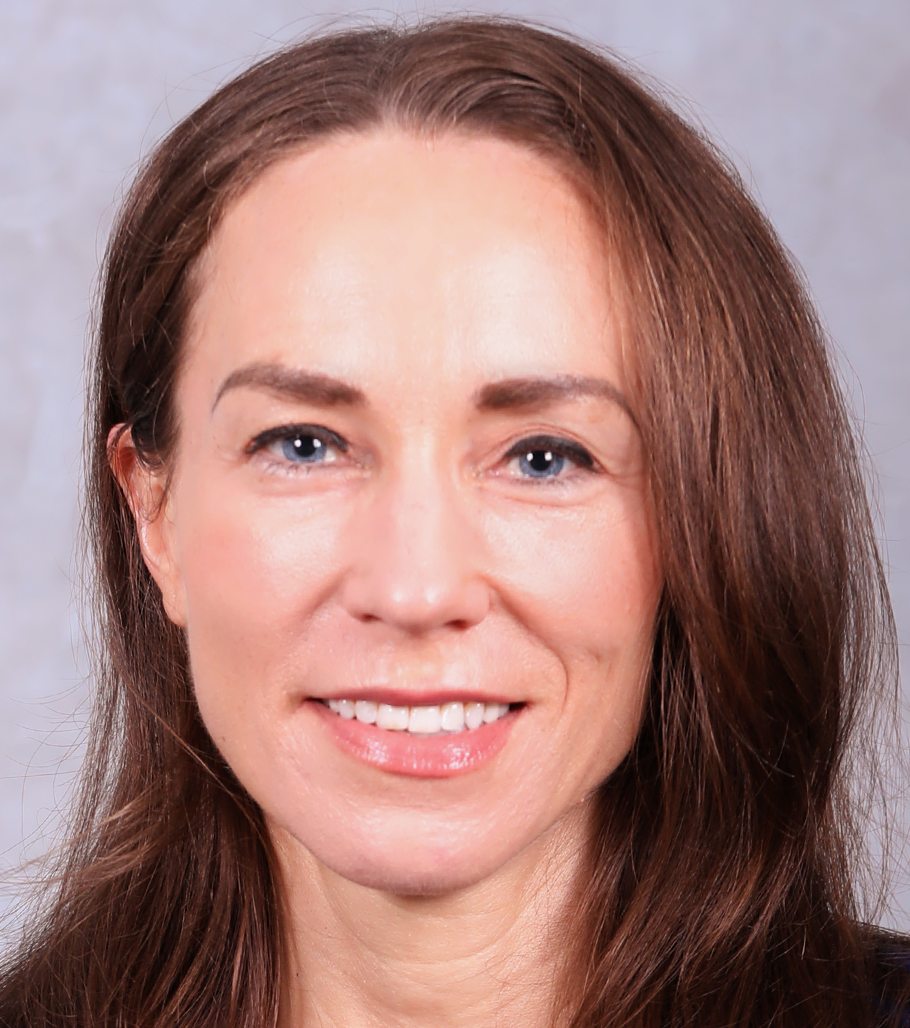
| Division of Rare Diseases and Medical Genetics/Office of New Drugs, Center for Drug Evaluation and Research/US Food and Drug Administration, Silver Spring, MD
Jacqueline Karp, M.D. is a Lead Physician at the FDA's Center for Drug Evaluation and Research, where she works as a clinical and cross discipline team lead in the Division of Rare Diseases and Medical Genetics. Dr. Karp received her undergraduate degree in biochemistry from Columbia University and her medical degree from the University of Maryland School of Medicine. Dr. Karp trained in orthopedics residency at the University of Maryland School of Medicine and in internal medicine residency at the Johns Hopkins University School of Medicine. Prior to joining the FDA in 2016, Dr. Karp practiced internal medicine at Johns Hopkins Community Physicians. Dr. Karp is licensed in the state of MD and board certified in internal medicine. |
Therri Usher, Ph.D.
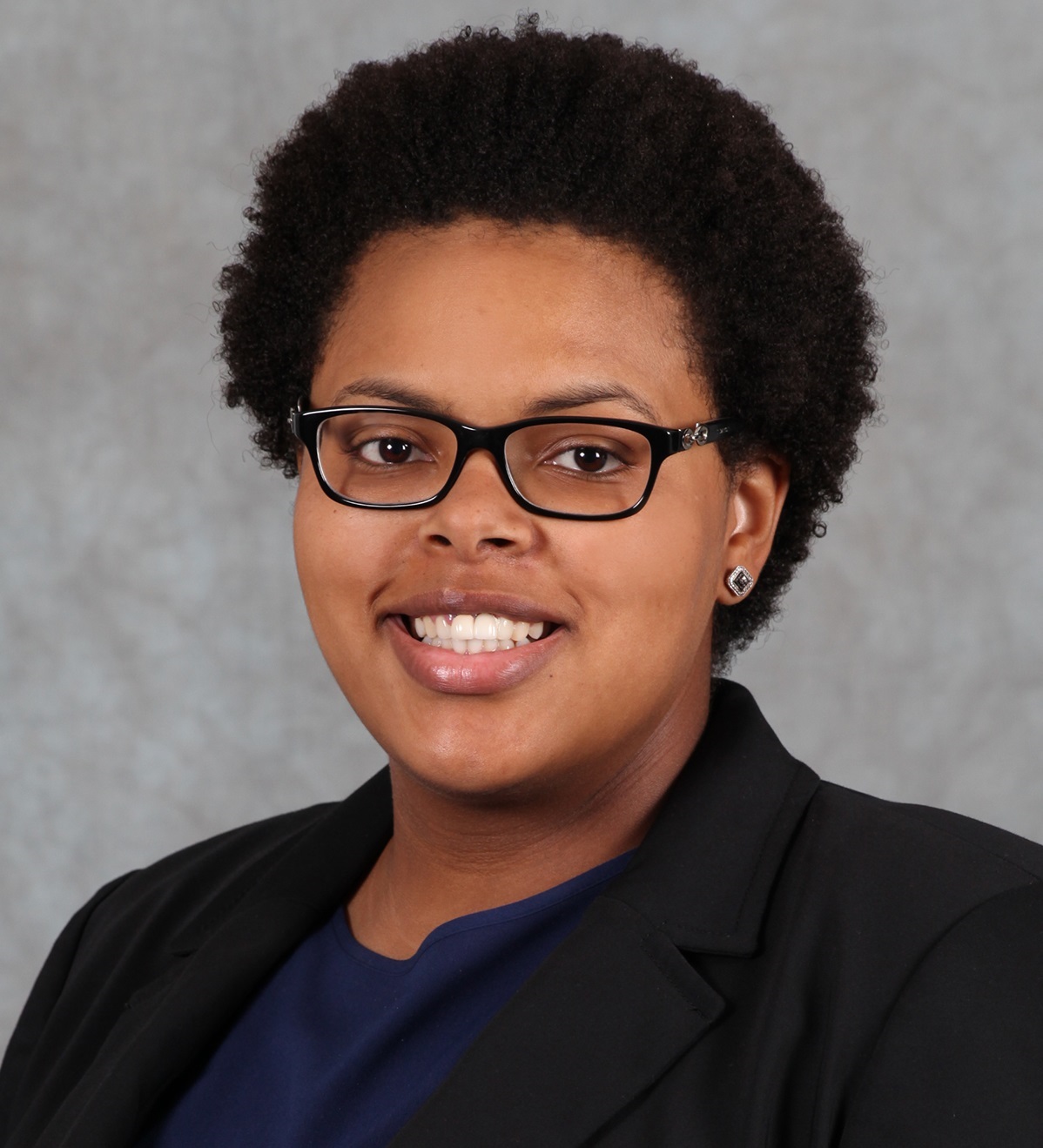
| Center for Drug Evaluation and Research/US Food and Drug Administration, Silver Spring, MD
Dr. Therri Usher is a Senior Mathematical Statistician in the Center for Drug Evaluation and Research at the Food and Drug Administration. Dr. Usher provides statistical support to the regulation of drugs to treat inborn errors of metabolism (rare diseases) and, previously, for antiviral drugs. Her work also focuses on endpoint advancement in clinical trials, including the promotion of patient-focused drug development, as well as the statistical assessment of safety and benefit-risk. Dr. Usher also occupies leadership roles in the American Statistical Association and the Eastern North American Region of the International Biometric Society. Dr. Usher received her BS in Mathematical Sciences at the University of Texas at Dallas and her PhD in Biostatistics from Johns Hopkins University. |
Jennifer Klein, MS
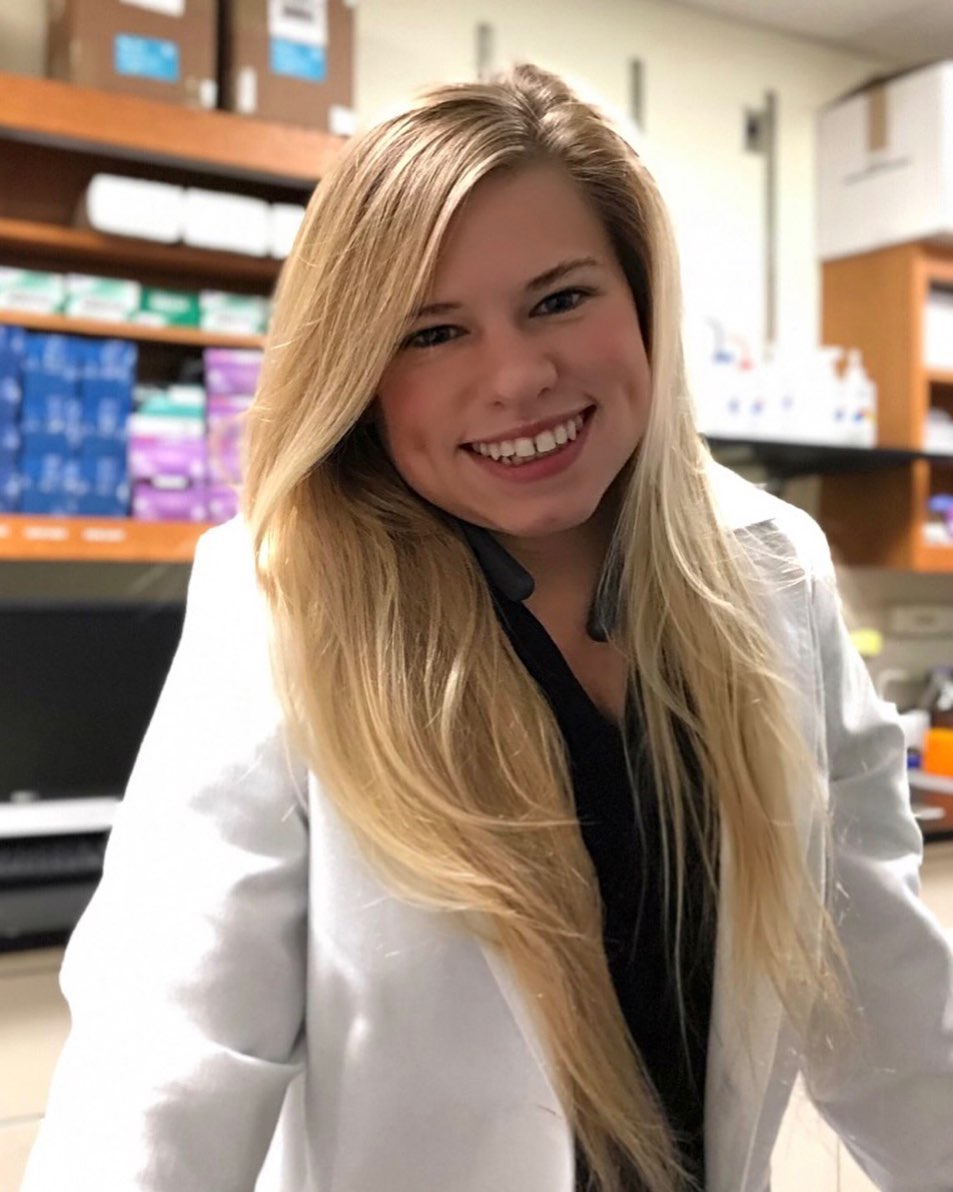
| Odylia Therapeutics, Raleigh, NC
Ms. Klein is a rare disease patient battling Mucolipidosis type lll alpha/beta and a research scientist currently employed at Odylia Therapeutics Inc. as their head of Operations and Program Management. She received her undergraduate degrees in human biology and psychology and her Master's degree in physiology from North Carolina State University. Upon graduation, she entered the biotech industry, where she expanded the drug discovery pipeline for rare diseases at Collaborations Pharmaceuticals Inc. (CPI) and is currently developing gene therapy products from early pre-clinical through phase 1 clinical trial for rare diseases at Odylia Therapeutics. |
Melanie Gillingham, Ph.D., R.D.
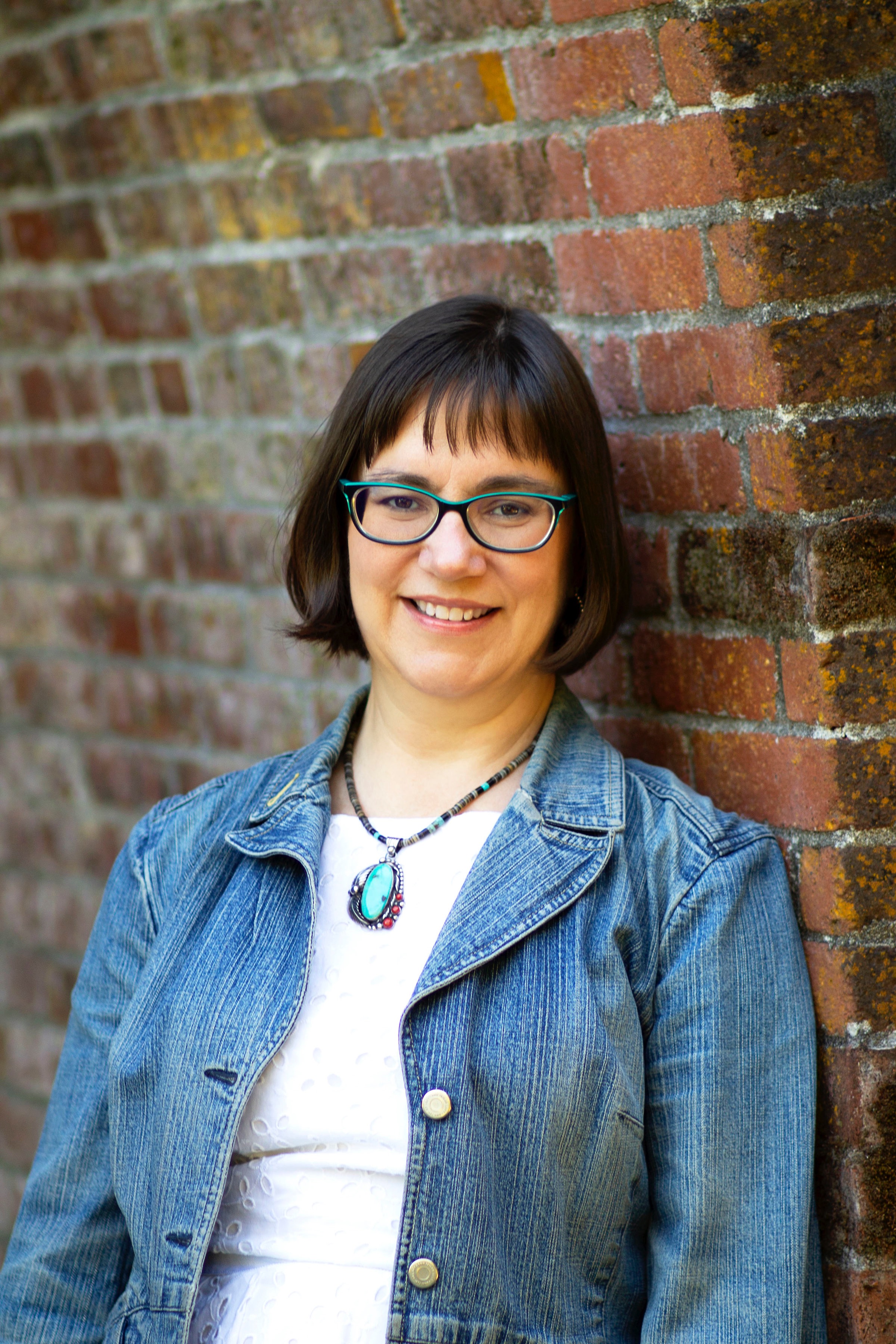
| Oregon Health & Sciences University, Portland, OR
Melanie Gillingham is a professor in Molecular and Medical Genetics at Oregon Health & Science University in Portland, OR. She completed her PhD in Nutrition Science at the University of Wisconsin-Madison and a post-doctoral fellowship in Genetics at OHSU. As a metabolic dietitian, she has been investigating nutrition interventions in patients with fatty acid oxidation disorders for 25 years. Dr. Gillingham and her colleagues have studied the role of dietary protein in energy balance and metabolic control, MCT prior to exercise for exercise tolerance and triheptanoin compared to MCT on clinical outcomes in FAODs. She has a long-standing interest in the LCHADD chorioretinopathy and the lab is currently focused on understanding the pathophysiology and novel treatments for this unique retinal disease. Other research interests include measuring dietary intake with food photography, type 1 diabetes, and the relationship between glucose and fat oxidation with insulin resistance. In addition, the Gillingham lab is currently exploring oral ketones as a novel treatment for fatty acid oxidation disorders and cardiac complications of LCHADD. Melanie has two daughters and outside of work enjoys cooking, walks on the beach, snow shoeing and spending time with her husband, family and friends. |
| SESSION 10 | |
Andreas Schulze, M.D., Ph.D., FRCPC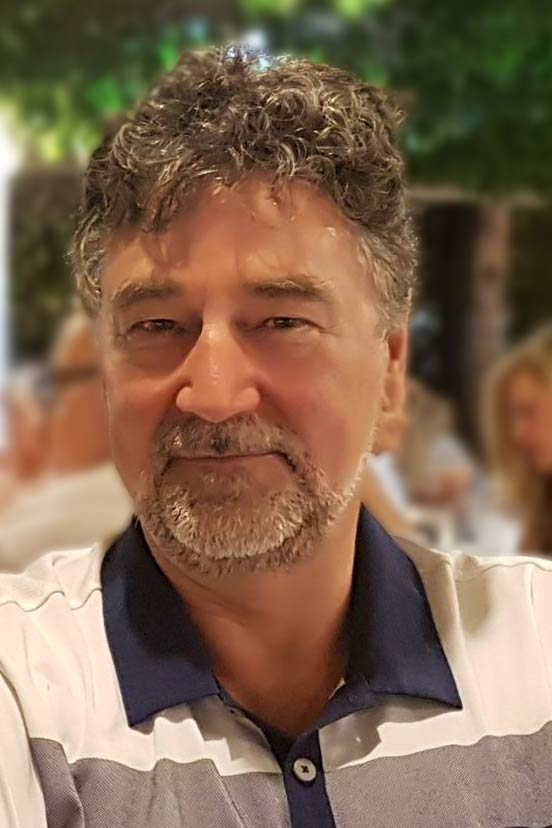
| University of Toronto, The Hospital for Sick Children, Toronto, ON Canada Dr. Andreas Schulze is a metabolic pediatrician and professor in the Departments of Paediatrics and Biochemistry at University of Toronto. He is Medical Director of the Newborn Screening Program at The Hospital for Sick Children (SickKids) Toronto and Senior Associate Scientist at the SickKids Research Institute. Schulze receive a medical diploma and a doctorate in medicine from the Faculty of Medicine at Leipzig University in 1987. After completing graduate training and PhD in Physiological Biochemistry under the supervision of Dr. Hans-Joachim Boehme and Dr. Eberhard Hoffmann (1987-1992), Schulze pursued postgraduate clinical training in Pediatrics at the University Children's Hospital in Heidelberg under Dr. Hans-Juergen Bremer and Dr. Georg F. Hoffmann (1992-1999). Schulze defended a Professorial Thesis (Habilitation) and received the Venia Legendi from the Ruprecht-Karls University Heidelberg in 2004. He is board certified in Physiological Biochemistry (1993) and in Pediatrics (1999). Since 2007, Schulze works as clinician scientist at The Hospital for Sick Children in Toronto. As a clinician he takes care of children with inborn errors of metabolism and oversees the SickKids Newborn Screening Program. As a scientist, he established a research group and a research laboratory at the SickKids Research Institute. Dr. Schulze's research is centered around creatine deficiency syndromes and regulation of creatine homeostasis. His research encompasses the metabolism of arginine, ornithine, and guanidino compounds, and includes small molecule drug discovery. |
Hilary Vernon, M.D., Ph.D.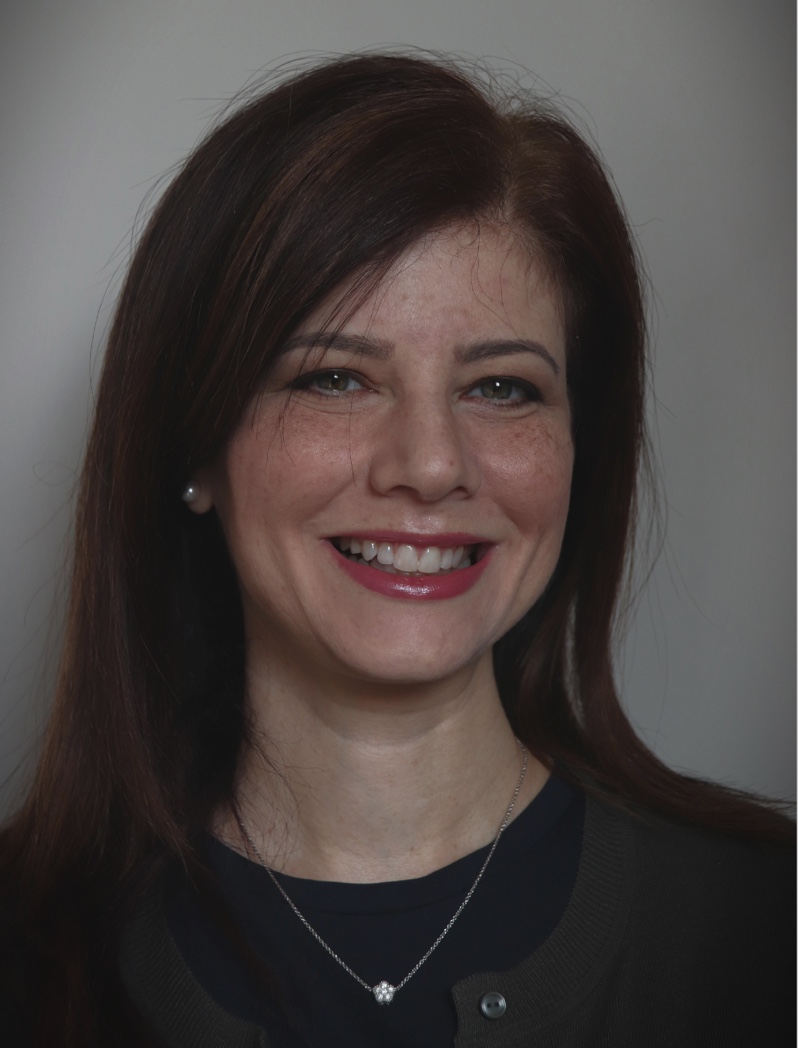
| McKusick-Nathans Institute of Genetic Medicine, Johns Hopkins University School of Medicine, Baltimore, MD Hilary Vernon, MD PhD is an Associate Professor of Genetic Medicine at Johns Hopkins University School of Medicine. Her research interests include understanding intermediary metabolism in Barth syndrome and in disorders of branch chain amino acid metabolism. Dr. Vernon is the director of the Mitochondrial Medicine Center at Johns Hopkins Hospital and the Barth Syndrome Interdisciplinary Clinic at the Kennedy Krieger Institute. She is also the co-director of the Department of Genetic Medicine Clinical Trials Unit at Johns Hopkins University School of Medicine. She serves on the Scientific and Medical Advisory Boards of the Barth Syndrome Foundation and the United Mitochondrial Disease Foundation. Dr. Vernon received her MD and PhD from Rutgers University, New Brunswick, NJ, USA. She completed residencies in Genetics and Pediatrics at Johns Hopkins University, and a fellowship in Clinical Laboratory Biochemical Genetics at Johns Hopkins University. She is board certified in Pediatrics, Clinical Genetics, and Clinical Laboratory Biochemical Genetics. |
| SESSION 11 | |
Shawn McCandless, M.D.

| Children's Hospital Colorado, Aurora, CO
Shawn E. McCandless, MD, is Professor of Pediatrics, and the Section Head for Genetics and Metabolism at the University of Colorado Anschutz Medical Campus and Chair of the Department of Genetics and Metabolism at Children's Hospital Colorado. His research and clinical care focus on inborn errors of metabolism (IEM) and Prader-Willi syndrome (PWS), including publicly and industry funded clinical trials for children and adults with IEMs and PWS. He is a Past President of the Society for Inherited Metabolic Disorders (SIMD) and is currently involved in a variety of clinical trials. He is a member of the Advisory Committee on Heritable Disorders of Newborns and Children (HRSA) and he is the Chair of the Colorado Rare Diseases Advisory Council. Previous employment includes working as a general pediatrician at the Northern Navajo Medical Center in Shiprock, NM, and faculty positions in Genetics and Metabolism at the University of North Carolina — Chapel Hill, and Case Western Reserve University, prior to moving to Colorado in 2018. |
Nicholas Ah Mew, M.D.

| Children's National Rare Disease Institute, Children's National Hospital, Washington, DC
Nicholas Ah Mew is director of the Inherited Metabolic Disorders Program at Children's National Hospital and is associate professor of Pediatrics at The George Washington University. He is a clinical geneticist and clinical biochemical geneticist whose primary research interests include urea cycle disorders, organic acidemias, and other disorders of ammonia metabolism. He is the principal investigator or co-PI of several projects funded through the National Institutes of Health and Patient-Centered Outcomes Research Institute. Dr. Ah Mew is the Children's National site-PI and an active member of the NIH-funded Urea Cycle Disorders Consortium (UCDC). He has authored multiple publications and book chapters on hyperammonemia and urea cycle disorders and has lectured internationally on these topics. |
Krista Viau, Ph.D., R.D.
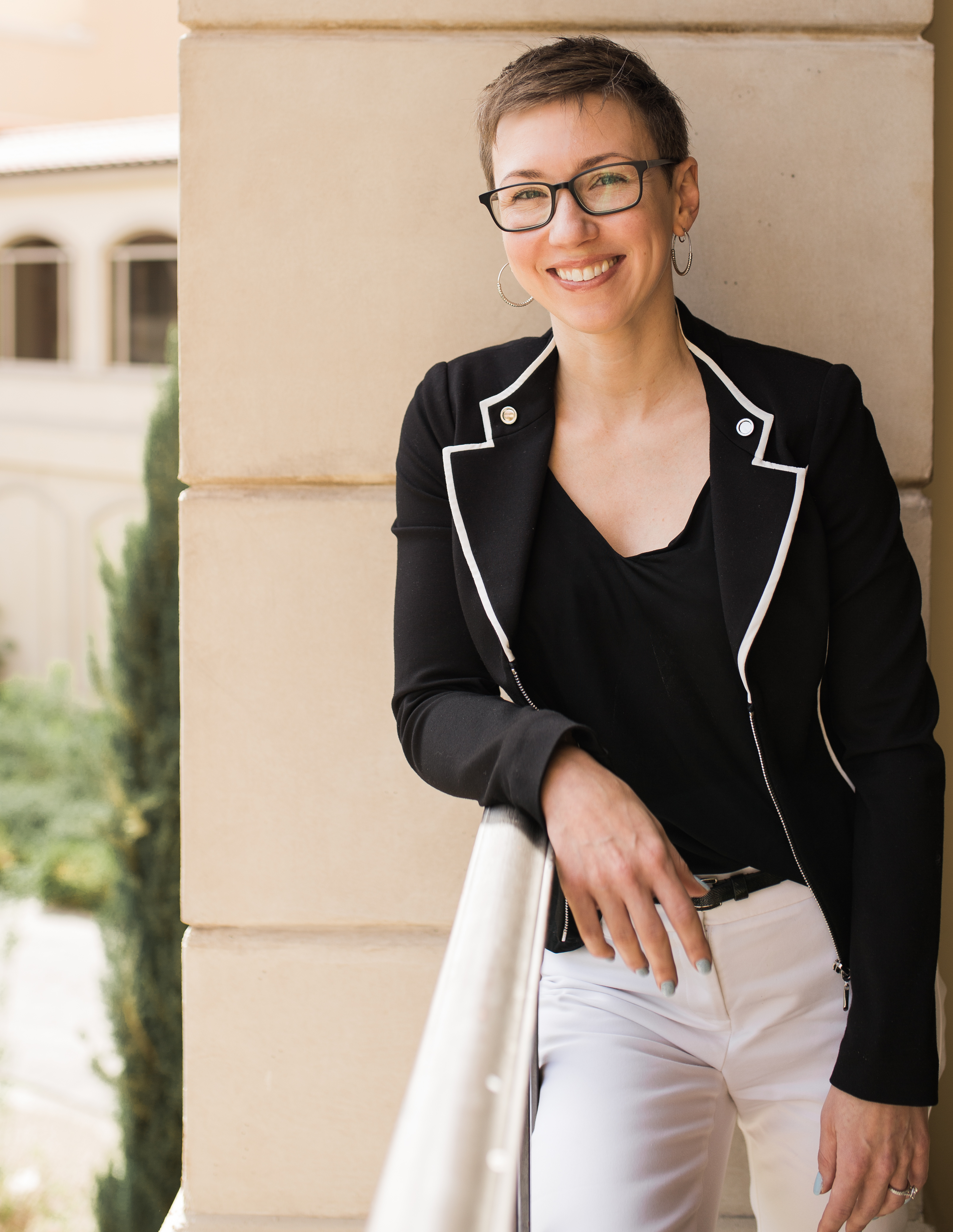
| Boston Children's Hospital, Boston, MA Krista Viau obtained her bachelor's and master's degrees in Nutritional Science and doctoral degree in Public Health. She practiced as a metabolic dietitian for over 10 years at the University of Utah and Boston Children's Hospital. She was a co-investigator on industry-sponsored clinical trials and conducted research on the natural history of IEM and nutritional status of adults with PKU being treated with pegvaliase. In her current role at the Food and Drug Administration, Dr. Viau is a senior nutrition reviewer of the nutrition and safety of infant formulas and medical foods. |
Markey C. McNutt II, M.D., Ph.D.
.jpg)
| Eugene McDermott Center for Human Growth and Development, UT Southwestern Medical Center, Dallas, TX
Dr. Markey C. McNutt II, MD, PhD, FACMG is an Assistant Professor of endocrinology, genetics, and metabolism in the McDermott Center for Human Growth and Development, Department of Internal Medicine, and Department of Pediatrics at UT Southwestern Medical Center, Dallas, TX, USA. He is board certified in Internal Medicine, Endocrinology, and Clinical Genetics. He is medical director for the genetic counseling master program at UT Southwestern. He splits his efforts between seeing patients in the clinic, performing translational research into rare and undiagnosed genetic diseases, performing therapeutic clinical trials for rare inherited metabolic disease and leading educational activities for medical students, graduate students, and medical residents and fellows. |
Joshua Baker, D.O., FAAP, FACMG
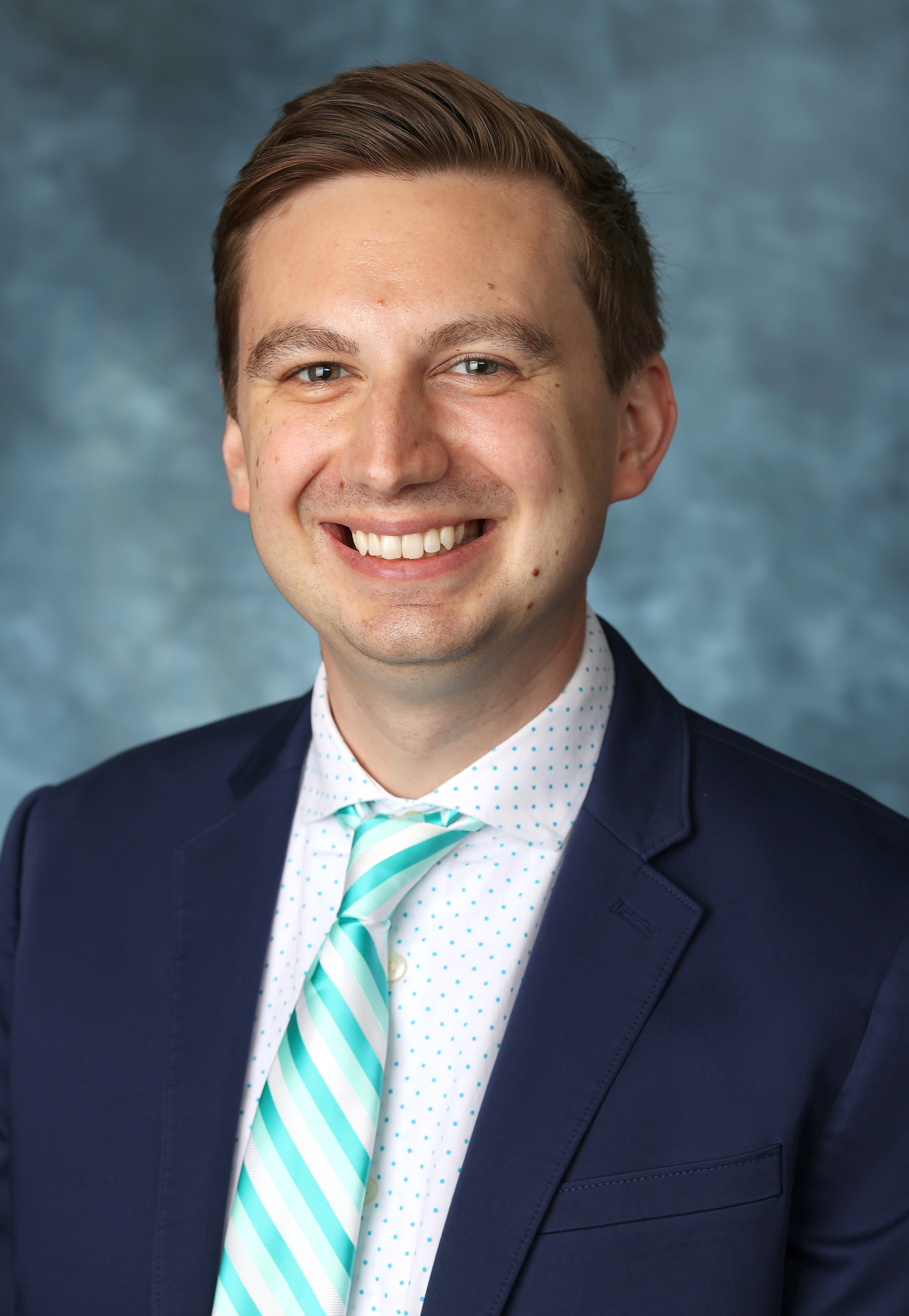
| Ann & Robert H Lurie Children's Hospital of Chicago, Northwestern University School of Medicine, Chicago, IL
Dr. Josh Baker is the Director of Inborn Errors of Metabolism in the Division of Genetics, Genomics and Metabolism at Lurie Children's Hospital. He specializes in diagnosis, treatment, and management of IEMs; both small molecule and lysosomal disorders. He is also the director of newborn screening at Lurie Children's Hospital, with special interest in studying the impact on Social Determinants of Health on NBS follow up and long-term care. He became involved in the care of PKU patients in Iraq through the Restoration Act in 2020. Goals to continue to grow connections and teaching support with local teams to advance the care of Iraqi patients/families, including a future NBS program. |
Anne C. Kozek, M.S., R.D., L.D.N.
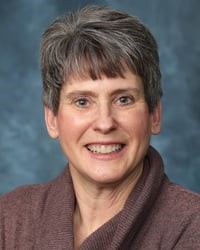
|
Ann & Robert H Lurie Children's Hospital of Chicago, Chicago, IL
Anne Kozek is a metabolic dietitian at the Ann & Robert H. Lurie Children's Hospital of Chicago. She holds a Master of Science degree in Nutrition and Dietetics. Her career as a metabolic RD started at the University of IL at Chicago helping those families for about 18 years. From there she joined Early Intervention teams in IL and FL. While in Early Intervention she was participated in courses that allowed her to become a trained feeding therapist. The last 4 years she has married her love of metabolic nutrition and feeding therapy helping the families of Lurie Children's Hospital. Today she will present on her experiences in "The Establishment of a Phenylketonuria (PKU) Clinic in Iraq from Afar". |
Return